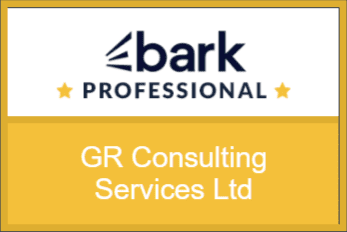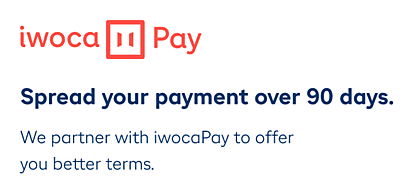Why paying your UK Corporation Tax early can earn you interest
How does it work?
Note: Interest received is taxable - you must include it as income in your Company's Tax Return
How much interest can you earn?
- The date you make the payment
- The date your Corporation Tax is due
- The official rate of interest set by HMRC
As of 21st February 2023, the official rate of interest paid by HMRC is 3%. However, this is subject to change, as it is linked to the Bank of England base rate (base rate minus 1% with a lower limit of 0.5%). You can check the latest rates on HMRC's website. Interest is calculated daily, from the date you make the payment, until the date your Corporation Tax is due. For example, if you pay £10,000 on 1 April 2023 and your Corporation Tax is due on 31 December 2023, you will earn £225.21 in interest (3% x £10,000 x 274/365). The interest is paid to you by HMRC after they receive your Company Tax Return and check your calculations. Interest is taxable income and must be reported on your Company Tax Return.
Benefits and drawbacks of paying Corporation Tax early
- Earning extra income from interest paid by HMRC
- Reducing your tax liability at the end of the year
- Improving your cash flow management and budgeting
- Avoiding late payment penalties and interest charges
- Losing access to your money until it is refunded by HMRC
- Missing out on other investment opportunities that may offer higher returns
- Having to adjust your payments if your profits change during the year
- Paying more tax than necessary if you overestimate your profits
How do I pay early?
- Estimate how much Corporation Tax you owe for the current accounting period. You can use online calculators or software to help you with this, or ask your accountant or tax adviser.
- Make a payment to HM Revenue and Customs (HMRC) with your company’s 17-character Corporation Tax reference, using one of the methods listed on their website. You can pay as much as you want, as often as you want, before your deadline.
- Keep records of your payments and interest earned. You will need these for your Company Tax Return.
Conclusion
In summary, paying Corporation Tax early can be a way of earning interest on your tax payment, especially if you have surplus cash or want to avoid late payment penalties. However, it also involves some risks and challenges that need to be carefully considered. If you decide to pay Corporation Tax early, make sure you consider other factors such as:
- The opportunity cost of using your money for other purposes
- The inflation rate and how it affects the value of money over time
- The tax implications of receiving interest income


